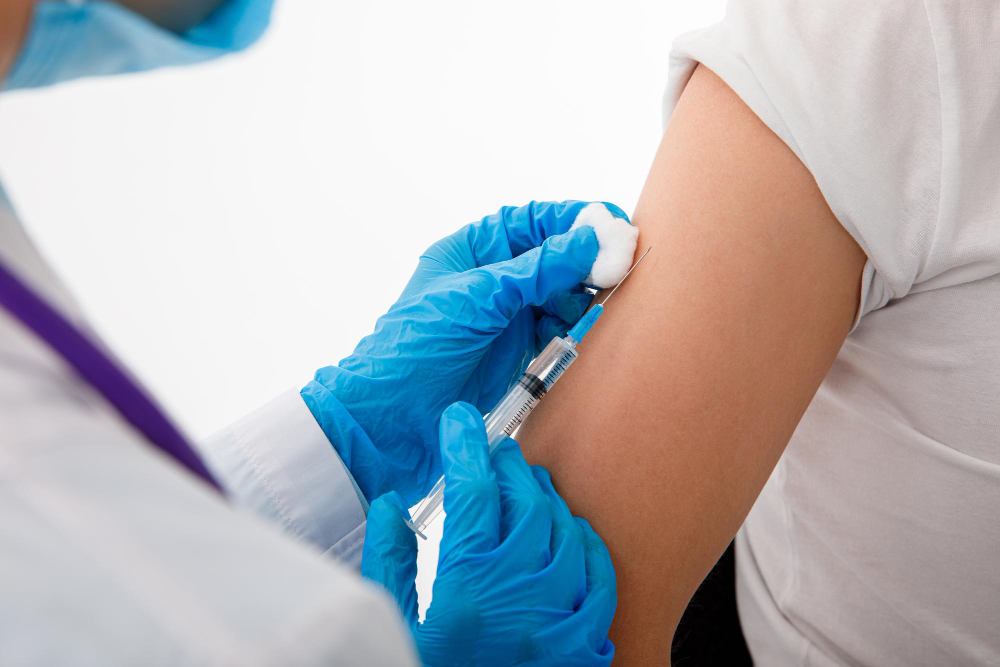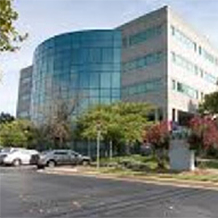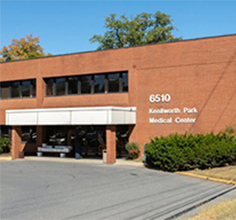
Doubts and skepticism surrounding the effectiveness of vaccinations have gained traction in recent years, fueling debates and discussions about their role in protecting public health. However, amidst the noise and controversy, one fact remains indisputable: vaccines save lives.
In this article brought to you by Southern Maryland Medical Group, we explore the world of vaccinations, explore how they work, and emphasize their importance in disease prevention and the undeniable value they bring to individuals and communities.
If you’d rather consult with a licensed primary care physician directly, then call Southern Maryland Medical Group to schedule a convenient appointment. We are also happy to arrange a walk-in with one of our primary care doctors for as soon as possible.
Vaccinations, also known as immunizations, are medical interventions designed to stimulate the immune system and defend against infectious diseases. They work by introducing a weakened or inactive form of a pathogen, such as a virus or bacteria, into the body. This exposure triggers the immune system to recognize the pathogen as a threat and develop a defense mechanism, known as immunity, to combat future infections.
Let’s take a closer look at the process of how vaccinations work:
There are three big points to address here:
As we navigate the complexities of healthcare in the 21st century, vaccination remains a powerful tool and public health imperative. It is essential for individuals to stay informed, consult reliable sources such as healthcare providers and reputable scientific organizations, and make informed decisions about vaccination for themselves and their families.
By recognizing the undeniable value of vaccinations in preventing disease, reducing morbidity and mortality, and promoting overall well-being, we can collectively work towards a healthier and safer future for generations to come.
Southern Maryland Medical Group has 3 convenient locations to provide professional medical care services in the Southern Maryland area. Call or schedule an appointment with one of our locations to get medical care help.

5801 Allentown Road, Suite 400 Camp Spring, MD 20746
Phone: 301-868- 0150
Billing Inquiries: 301-552-1270
Fax: 301-868-0243

7500 Greenway Center, Dr #1200 Greenbelt, MD 20770
Phone: 301-486-7580
Billing Inquiries: 301-552-1270
Fax: 301-486-7581

6510 Kenilworth Ave, Ste 1400, Riverdale MD 20737
Phone: 301-618-0771
Billing Inquiries: 301-552-1270
Fax: 301-618-0772